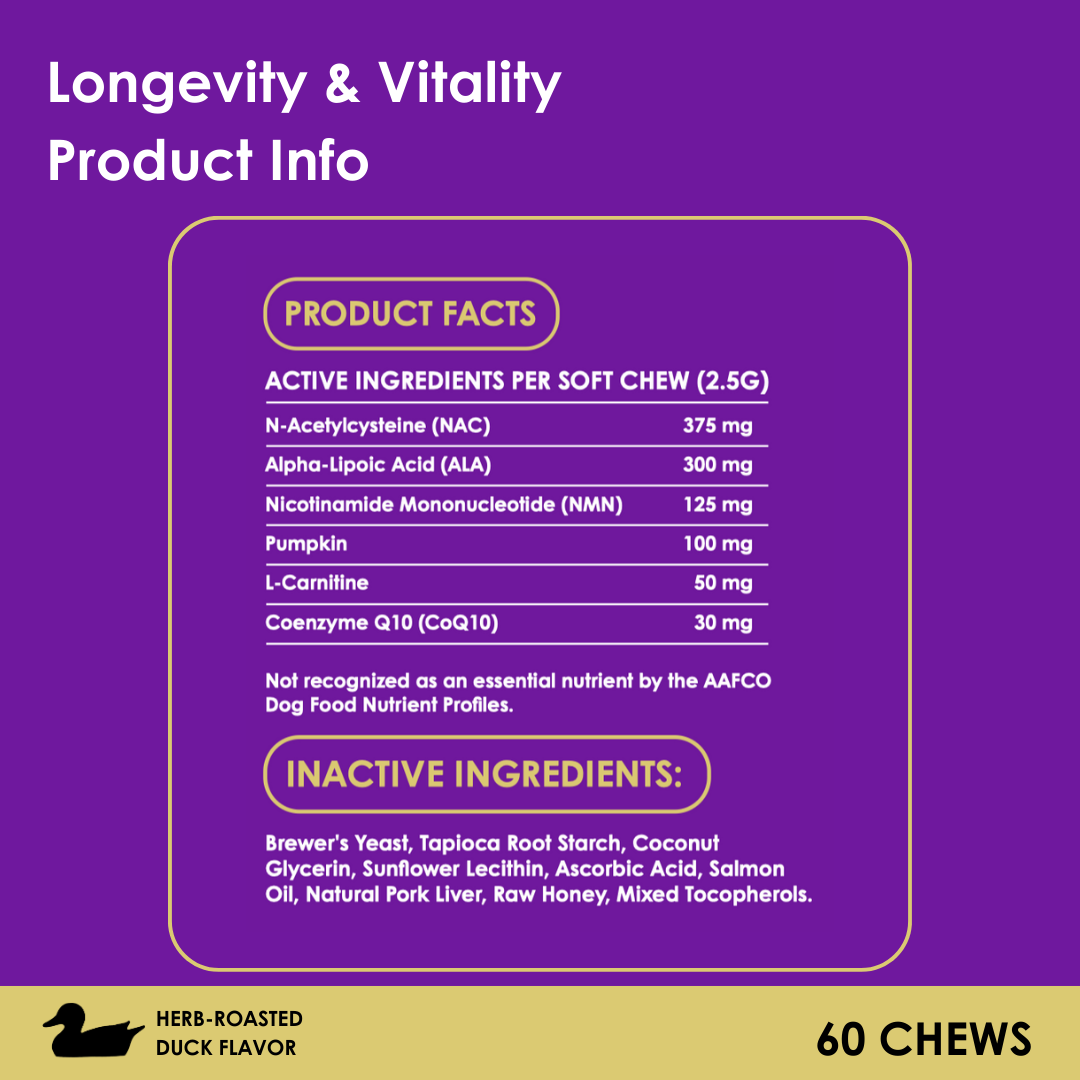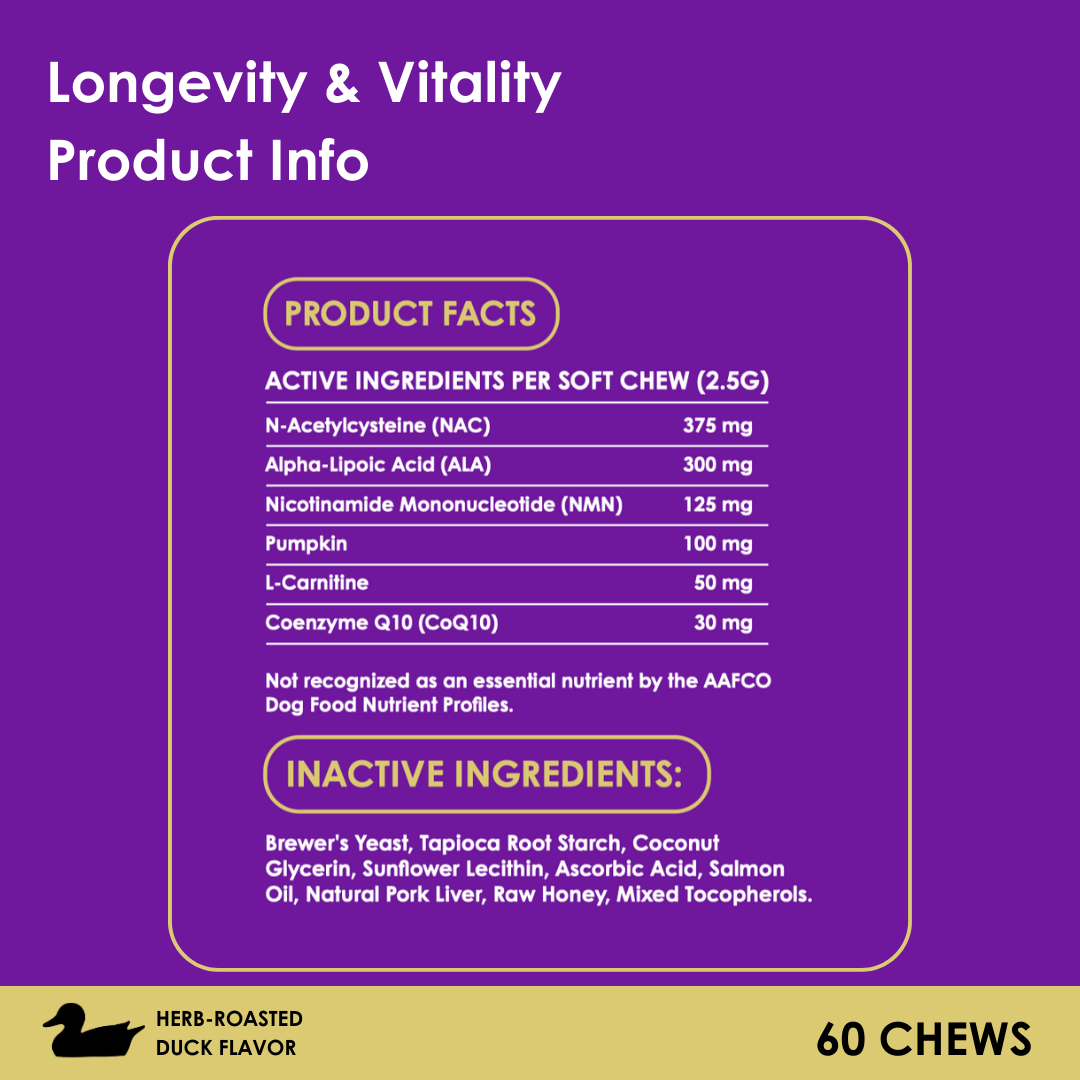New AHS Heartworm Disease Guidelines
Canine heartworm disease poses a significant threat to dogs' health, impacting their quality of life and longevity. The American Heartworm Society (AHS) has released updated guidelines that reflect the latest scientific research and clinical practices. These updates aim to enhance the prevention, diagnosis, and treatment of heartworm disease, ultimately extending dogs' lives. Let's go over the summary, why they were updated, and the impact on longevity:
Summary of the Updated Guidelines
The AHS has revised its guidelines to incorporate the most current research findings and expert opinions in the field. Key updates include:
- Prevention: The guidelines reinforce the importance of year-round prevention with macrocyclic lactone preventives. New recommendations include the use of FDA-approved isoxazolines and EPA-approved mosquito repellent products, providing a multi-faceted approach to prevent heartworm transmission.
- Diagnosis: Annual testing using both antigen and microfilaria tests is emphasized to ensure early detection. The guidelines offer detailed advice on addressing discrepancies between test results, improving diagnostic accuracy.
- Treatment: The treatment protocol, which includes the use of doxycycline, macrocyclic lactone, and melarsomine injections, remains largely unchanged but is clarified for practical implementation. A new spectrum-of-care section provides alternatives for situations where optimal treatment cannot be followed.
Why the Guidelines Were Updated
The guidelines were updated to address evolving challenges in heartworm disease management, including changes in heartworm transmission patterns, resistance issues, and the availability of new preventive and diagnostic tools. By integrating the latest research and clinical insights, the AHS aims to provide veterinarians with the most effective strategies for managing heartworm disease.
Longevity Considerations
The revised guidelines have significant implications for canine longevity. Heartworm disease, if left untreated, can lead to severe health issues, including heart failure, lung disease, and death. The emphasis on prevention, accurate diagnosis, and adherence to treatment protocols is designed to safeguard dogs' health over their lifetimes.
- Prevention as a Lifesaver: Continuous preventive treatment not only stops heartworm disease before it starts but also minimizes the need for the more invasive and risky treatment protocols required for infected dogs.
- Early Detection for Better Outcomes: Regular, accurate testing allows for the earliest possible detection of heartworm infection, leading to more successful treatments and reduced risk of long-term health impacts.
- Adaptable Treatment Plans: The inclusion of a spectrum-of-care approach ensures that all dogs, even those in less-than-ideal circumstances, receive care that can extend their healthy years.
The fight against heartworm disease is a fight for our dogs' longevity. Adherence to the AHS's updated guidelines is critical in this ongoing battle, highlighting the interconnectedness of preventive care, timely diagnosis, and proper treatment in preserving our beloved pets' health and happiness.
























